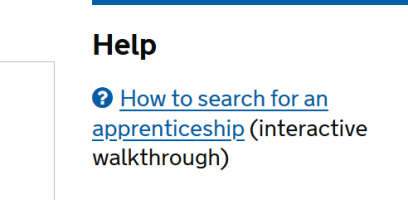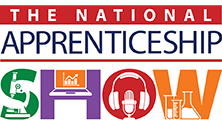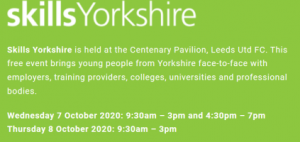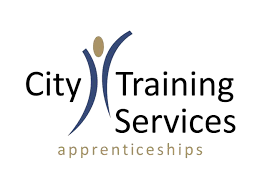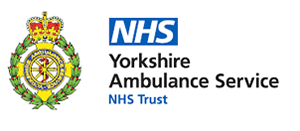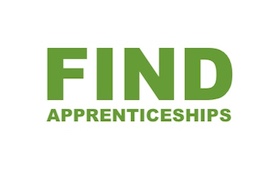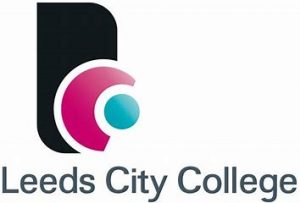
Tips for applying to apprenticeships.
Research the job.
- What is it like to do the job? What are the hours? What is the pay? What are the job prospects at the company? How long is the training? Are the job prospects better at a different company? After you complete your training and get your qualification will the company continue to employ you?
- Check that you can travel to the company. How long will it take you? What is the starting time?
- What are the long term prospects for this job? Is it a job that is in high demand by employers or is the jobs market reducing?
- What qualifications do they want you to have when you apply? Will they accept lower grades?
- Will you get a good reference from school or college – grades, attitude, behaviour, attendance and punctuality?
|
this list is provided by the UK government for ENGLAND. It shows which jobs require more trained people. The health care industry is short of people at this time. Please note there are some jobs where there are more people wanting that job than there are vacancies. Look at similar jobs to improve your job prospects. |
Tip: Some jobs such as nursing or doctor will specify you should have have studied some subjects and achieved certain grades.
Tip: Explore all the different job roles in construction using the job profiles on the National Careers Service website. There are jobs from craft and technical to degree level professional jobs.
Tip: This sector has Higher and Degree Apprenticeship opportunities. At the moment you cannot train to be a doctor through an apprenticeships. Many other medical/clinician jobs are available such as nurse, paramedic, physiotherapist, etc.
Your Application Action Plan – research -apply – interview – what next
Scroll down to see each section.
RESEARCH
APPLYING (where to look for vacancies)
INTERVIEW – examples of the questions you may be asked at an interview
| Tell me about yourself… | This is often the first question used as an ice-breaker to help you relax.
Talking about yourself is often the hardest thing to do in an interview. Talk your personality and your interests. What kind of person are you? Keep it short – yalk about your skills and abilities. If you have very little to say for yourself, the interviewer might think you have nothing to say. |
Do not ramble on
The interview wants to know who you are and if you will fit in the company. Smile Look at the Interviewer. It is OK to be nervous. |
| Why do you want this apprenticeship? | If you can’t answer this question, you probably shouldn’t be in the interview. It would indicate a lack of interest in the apprenticeship, or that you are absolutely clueless about what you’re applying for.
Before your interview, think about the reasons why you applied for the apprenticeship. The apprenticeship is the job you will do – so you must read up on the job. It is about the company you will work for. Again you must know something about the company. It is about the training you will receive. You may have to ask for more information during the interview. Explain why you want to work for this company rather than a different company. |
|
| What are your strengths? | If you have done your research as detailed above you should have a list of your skills and abilities. One thing which helps the interviewer believe you have these skills and abilities is if you can describe when you have used them. Give practical examples. E.g. team work can be in class or on the sports field, etc. |
Make a list so you can answer this question. |
| What is your biggest weakness? |
When an interview asks you to discuss your weaknesses, they are not looking to trick you, or find a reason not to employ you.
The interviewer is simply trying to find out which areas YOU think you could improve in. It is an opportunity for you to show that you are honest, self-aware and can evaluate your own performance. In your mind change the question to, “What do I need to improve?” |
Make a list so you can answer this question. Be prepared to explain why you think what you say is a weakness. |
| Have you any questions? |
You can ask specific questions relating to company culture, job responsibilities and perks to find out if the job/company is right for you. It shows that you have prepared for the interview. Example questions Where do you think this company is headed in the next 3-5 years? What is the typical career path for a someone in this job? What are the next steps in this interview process? Are there opportunities for further training? How will my work performance be measured and reviewed? |
This can appear to be the hardest question to answer when you have just spent time answering questions.
it is crucial that you ask one or two questions at the end of the interview… It will convey that you are seriously interested in the role you are applying for, and enthusiastic to find out more |






